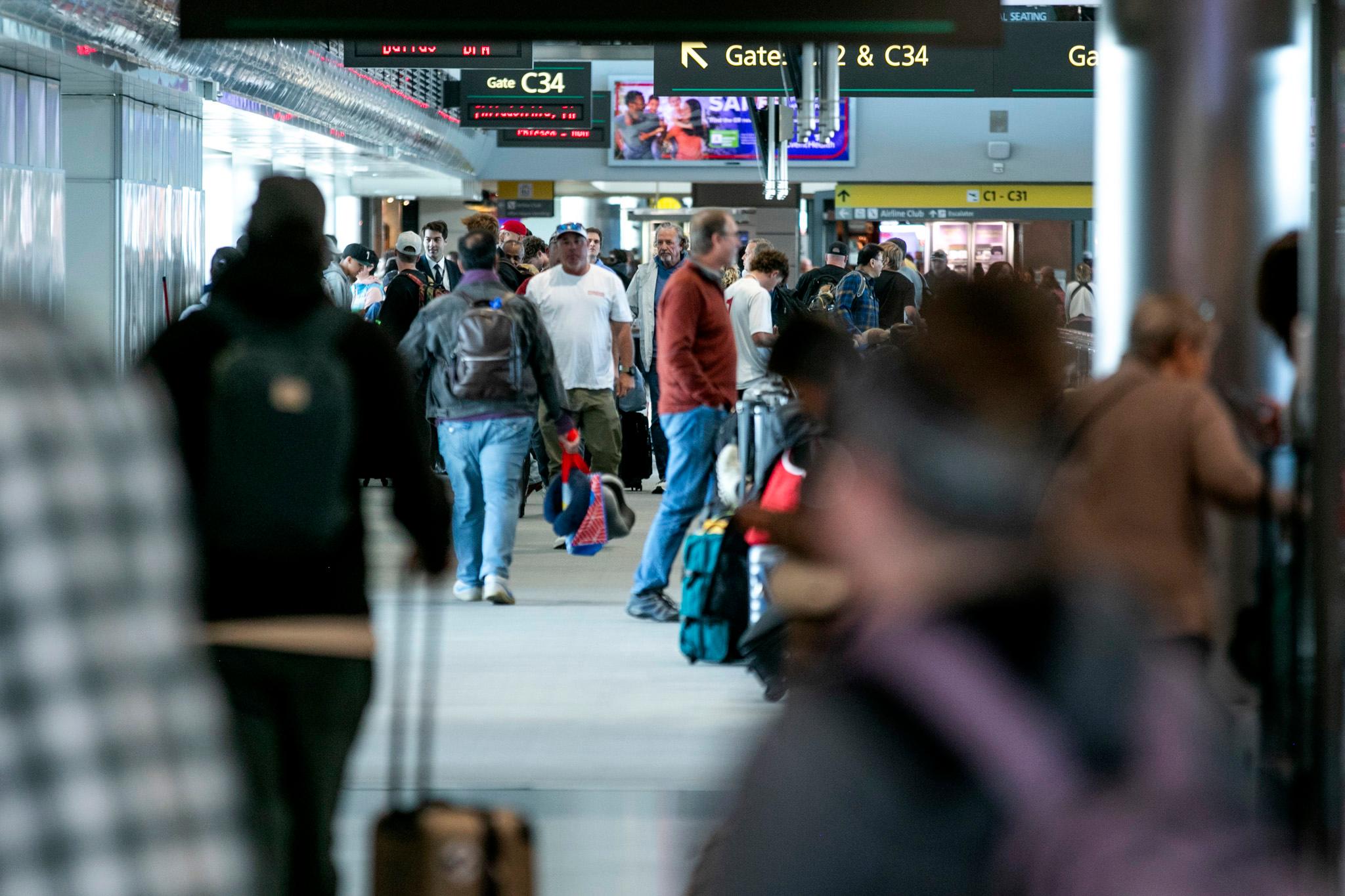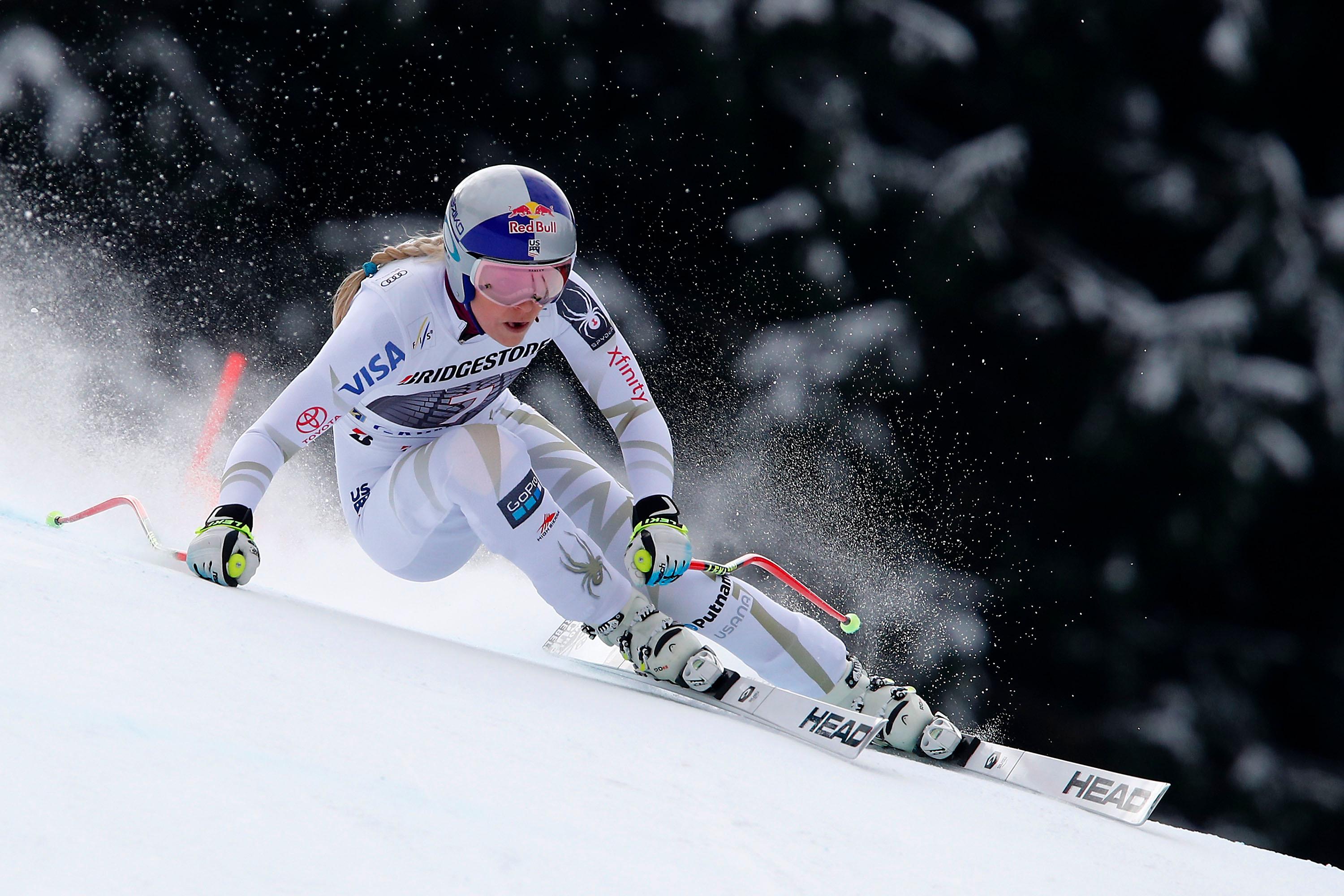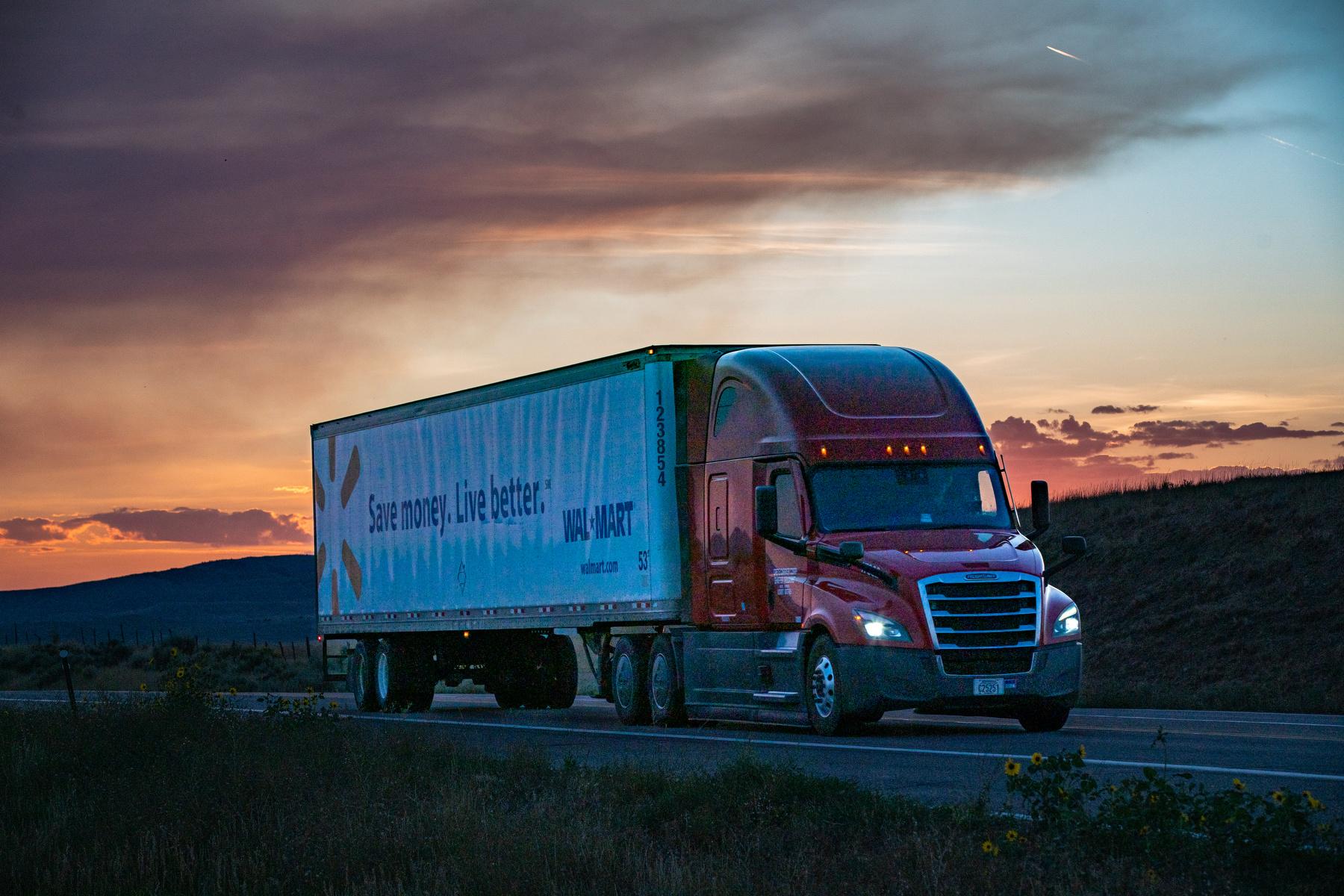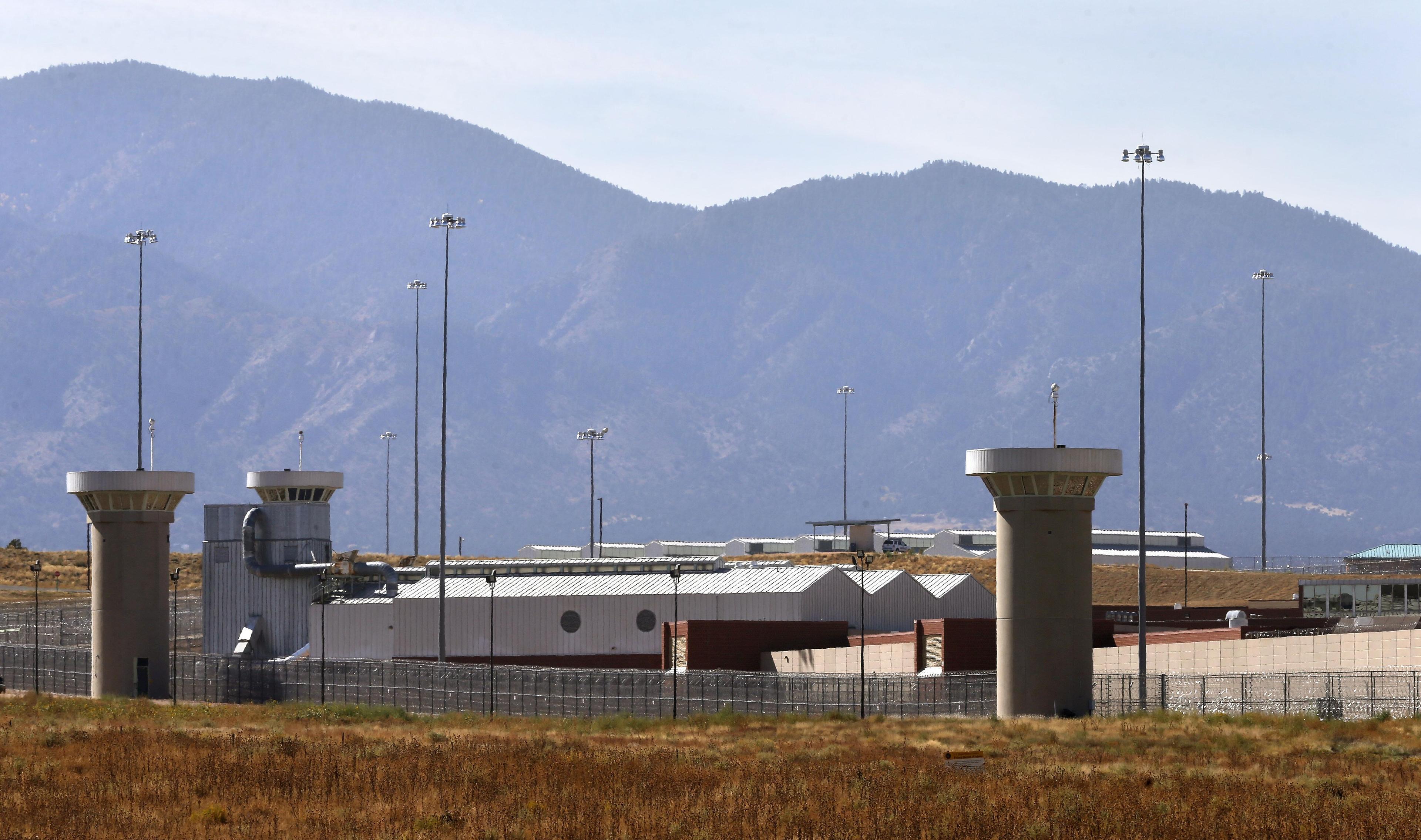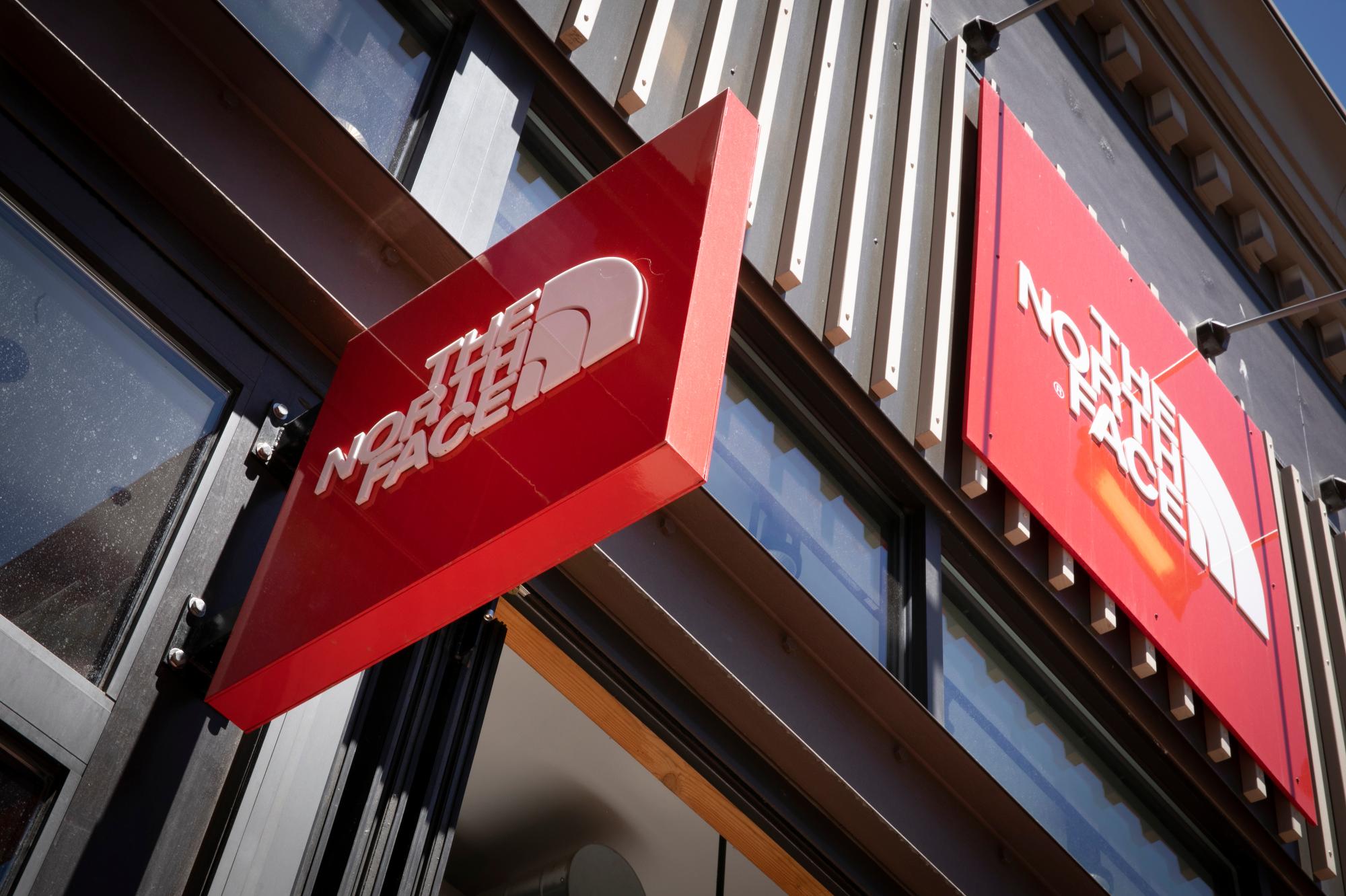
Facebook has been under fire. In recent weeks, more than 1,000 advertisers have agreed to boycott the social giant for failing to stem hate speech and misinformation on its platform.
The list was far shorter on June 18. That’s when The North Face, an outdoor apparel company headquartered in Denver, announced it would become the first well-known brand to join the Stop Hate For Profit campaign.
Steve Lesnard, vice president of marketing, said The North Face had already declared its support for protests against police violence and racial inequality. It saw the campaign as a chance to put its money where its mouth is.
“It was completely aligned with our values and our strategy,” Lenard told CPR’s Colorado Matters. “That’s why we were able to join the movement right away.”
REI and Patagonia quickly followed suit. Coca-Cola, Ford, Lego, Adidas and many other companies soon also committed to pausing ad business with Facebook for July. Other brands, including The North Face, have also stopped advertising on Instagram, which Facebook bought in 2012.
The goal of the boycott is to force the company to “hit pause on hate.” By enlisting advertisers, it aims to go after the lifeblood of the social media platform. Of the $70 billion in revenue Facebook took in in 2019, 98 percent came from ads.
Behind the efforts is a coalition of civil rights organizations, including Color of Change, the Anti-Defamation League and the NAACP. The groups have centered the campaign on 10 demands, like greater moderation in private groups and refunding a company if one of their ads ends up next to a piece of hateful content.
While Lesnard said “adjacency” issues were a concern for The North Face, it’s not what prompted the brand to join the boycott.
“For us, it wasn't necessarily one specific post or one specific event that triggered that movement,” he said. “We've been concerned about misinformation and, frankly, hate speech not only on the overall platform but also within groups.”
The North Face is one of many brands under the umbrella of the VF Corporation. Since the company is publicly traded, Lesnard said he could not detail exactly how much the company planned to spend on Facebook and Instagram ads, but noted the whole corporation had an advertising budget of about $720 million according to its report for the 2020 fiscal year. He added Facebook was one of its top two media partners.
That said, not all VF Corporation brands have joined the boycott. The North Face, Vans and Jansport are onboard. Smartwool and Timberland, Dickies have not yet commented about the boycott on their Twitter feeds.
The effort has gained attention from Facebook executives. However, the July 7 meeting between CEO Mark Zuckerberg, CFO Sheryl Sandberg and leaders of groups coordinating the boycott didn’t improve the situation. Afterward, the coalition blasted the company for failing to agree to meaningful change in a statement, saying Zuckerberg offered “the same offered the same old defense of white supremacist, anti-Semitic, islamophobic, and other hateful groups.”
In a statement sent to media outlets, Facebook said it remains committed to working with the organizers to stop hate speech. The company also pointed to recent moves to stymie voter suppression and white supremacy on the platform.
Lesnard said the future of ad dollars from The North Face depends on the rest of the negotiations.
“We want to make sure that the dialogue leads into concrete actions and a roadmap of change,” he said. “We will be re-evaluating our strategy at the end of the month.”

